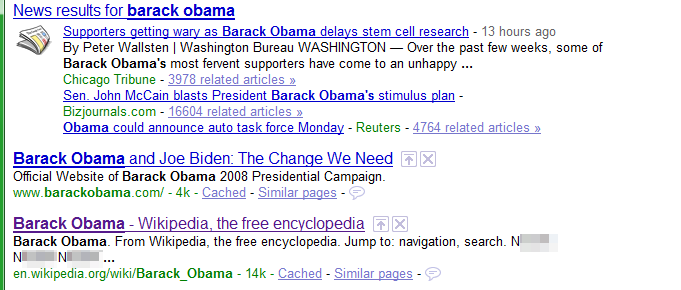Looks like Wikipedia will protest the proposed anti-piracy legislation known as SOPA by disappearing for 24 hours:
“The emerging consensus of the community seems to be for a global blackout of English Wikipedia,” Jimmy Wales, co-founder of Wikipedia, said on Twitter on Monday afternoon. “Final details [are] under consideration but consensus seems to be for ‘full’ rather than ‘soft’ blackout… This is going to be wow.”
Wikipedians have been considering the radical measure for several weeks, alongside other sites such as Reddit. This weekend’s statement from the White House, which appeared to side with Silicon Valley – prompting criticism from media owners including News Corp’s Rupert Murdoch – has failed to dissuade them of the need for a blackout, making it a controversial decision among some users and editors.
I’m not sure if the people with the most power to nix SOPA–lawmakers–care that much about Wikipedia. But how would they react if even a small percentage of us who do care about Wikipedia were moved by the blackout to call our congresspeople and voice opposition to SOPA?

 Once again, Google is swinging its corporate axe at secondary projects. It’s killing also-ran Facebook Connect rival
Once again, Google is swinging its corporate axe at secondary projects. It’s killing also-ran Facebook Connect rival 

 Saw Star Trek, expected Tribbles…
Saw Star Trek, expected Tribbles… Once the bedrock of Microsoft’s home product offerings, the
Once the bedrock of Microsoft’s home product offerings, the 